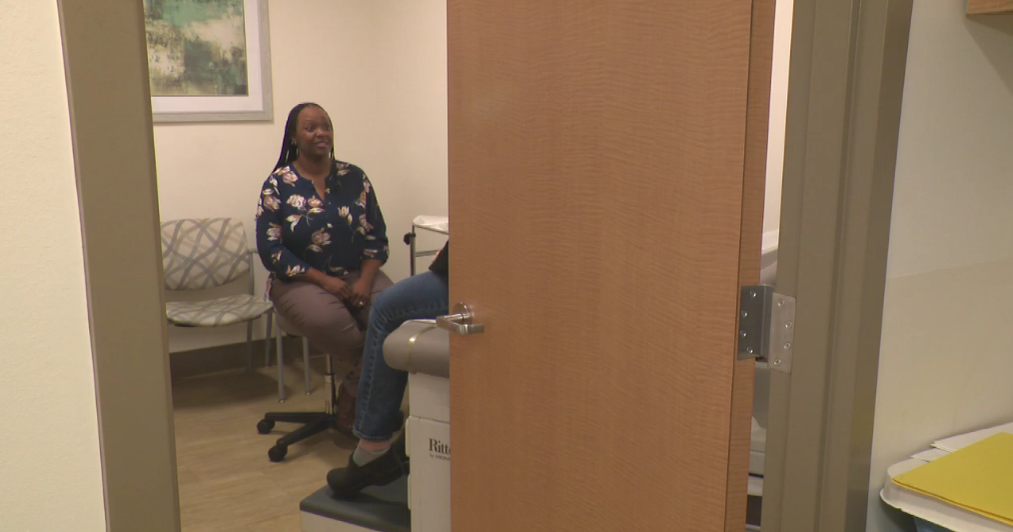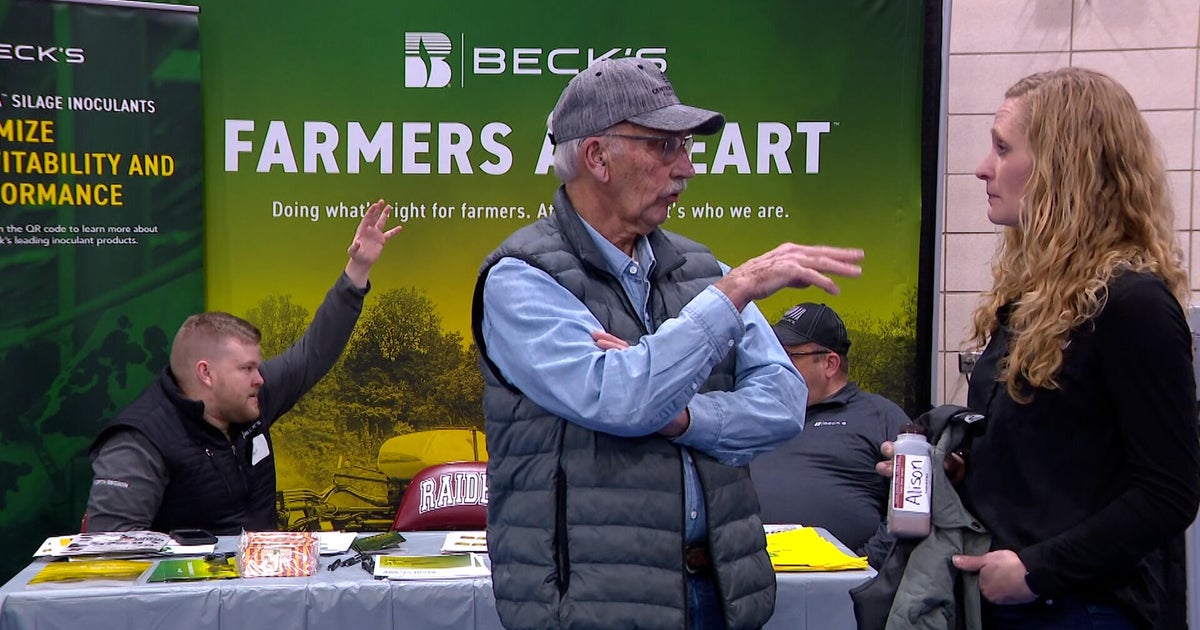Global Goalscast: Reducing consumption to impact climate change
In order to tackle climate change, Americans will need to rethink how we produce and consume energy. In this edition of the Global Goalscast, hosts Edie Lush and Claudia Romo Edelman heard from two experts about how to make the biggest impact.
Jared Diamond is a professor at UCLA and a Pulitzer Prize winning author. He said people used to believe population rates were one of the biggest global issues. But he said what counts it the total consumption rate.
"There's enormous variation between people's consumption rates in different parts of the world," Diamond said. "One American citizen has the impact on the world of 32 Kenyans."
Since climate change is caused overwhelmingly by human activities, we have to burn less fossil fuel and get more energy from renewable sources. Diamond said the principle sounds easy, but it's difficult to persuade people to do it. Government action can help.
"In Europe, big vehicles are tax equal to the cost of the car itself. That's to say if you choose to buy a Humvee, that's your privilege, but you will pay double the market price of the Humvee to drive a Humvee. That is a way to discourage people from buying gas coddling vehicles," Diamond said.
Government intervention is something Lord Martin Rees, Astronomer Royal, pointed to as well. Although he said it will be up to the public to make politicians prioritize long-term solutions without worrying about losing votes.
"I think when we look back through history, we know that most major changes were initiated by a few key figures and then became mass movements and then the politicians took them up and took action. That's true of slavery. It's true of civil rights. That's true of gay rights and we hope that will become true of the environment," Rees said.
He also spoke about another concept known as the discount rate, a term commonly used in finance. It essentially determines what is worth spending now in order to achieve value in the future. Rees said in order to reduce the risk of long term climate change, we need to prioritize research and development now.
Is it possible to change the world? Can we still make the planet a better place for us all to live? U.N. special adviser Claudia Romo Edelman and Hub Culture executive editor Edie Lush -- hosts of the Global Goalscast -- believe the answer is a resounding 'yes,' and that everyone can play a part. Subscribe to the podcast here.



